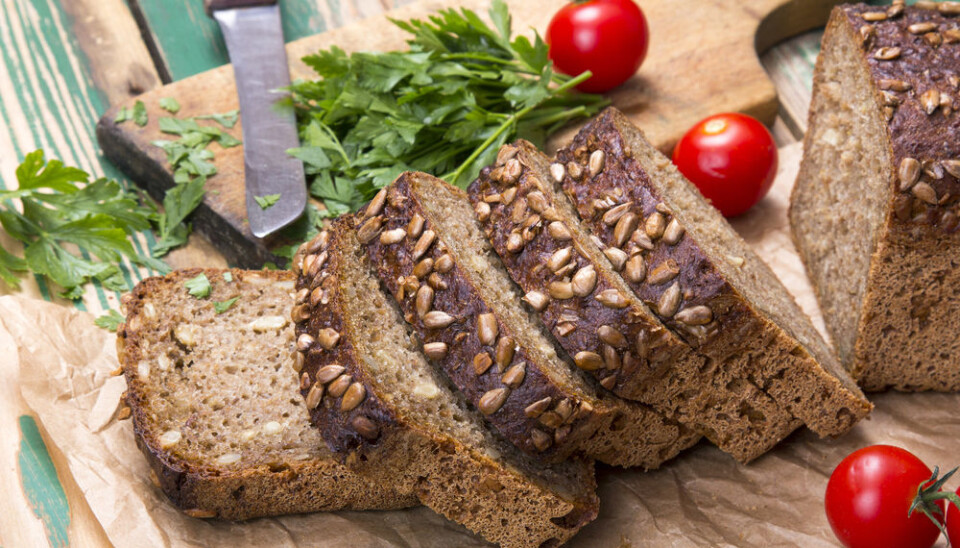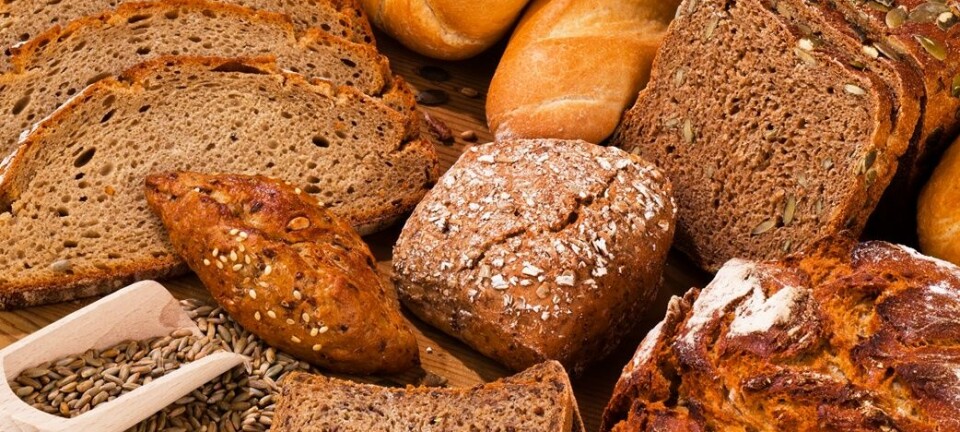
Whole grains give you a healthy gut but make you fart more
People who eat plenty of whole grains have healthy intestines but fart more than those who eat refined wheat.
A new study suggests that whole grains are not only full of vitamins and fibre, they’re also good for the gut.
The evidence is more flatulence.
"We saw that those who ate whole grains were more flatulent and had several departures of air during the day. Those who didn’t eat whole grains, felt more bloated and tired during the same period," says lead author Stine Vuholm, research assistant at the Institute of Sports Science and Nutrition at the University of Copenhagen, Denmark.
The study addresses the current interest in gut microbes and their importance for health, says Tine Rask Licht, professor at the National Food Institute, Denmark, who was not involved in the new study but also studies intestinal bacteria.
"When we talk about the effect of diet, we usually only think of how food works in the body and subsequently effects our health. But the effect food has on our intestinal bacteria also has implications for our health," says Licht.
Whole grains feed the gut
A total of 75 participants took part in the study. Some had replaced grain products with whole grain versions of breakfast cereal, bread, and pasta, and were compared against a control group who ate no whole grains.
Those who ate whole grains noticed that their food took longer to pass through the intestines than those limited to wheat. They made more frequent trips to the toilet and farted more often than they used to.
"Many of the components in the diet are broken down by the enzymes in the intestine. However, dietary fibre cannot be degraded, and it ends up in the large intestine where it becomes fermented by the intestinal bacteria. Here it forms gas, and this may be one explanation as to why the participants had more air in their stomachs," says Vuholm.
More frequent trips to the toilet might not sound too enticing but it’s actually a sign of good health.
"It may be socially inconvenient, but it's good to get rid of this air. If you can’t get rid of gas in the intestine it can cause abdominal pain and make you feel bloated," says Vuholm.
She says, she only noticed a moderate increase in toilet use amongst the whole grain eaters compared with the control group--by about half as much--since all participants were generally already deemed healthy.
Control group felt tired and puffy
The control group felt that not eating whole grains made them more bloated and tired than they used to be. Vuholm is cautious in her interpretations of this.
While a lack of whole foods could destabilise blood sugar levels, it could also simply be a matter of perception amongst the control group participants who associate eating unhealthy foods with such symptoms.
Nonetheless, the results sound quite reasonable to Licht.
"When you refine grains, you remove the husk and many other parts, and this removes vitamins and other beneficial substances. So it’s no wonder that people who eat whole grains feel better," she says.
No effect on intestinal flora
In addition to asking the subjects how they felt, the researchers examined over 100 bacteria from the gut and found no changes in gut flora.
"It was surprising that we didn’t see effects on the intestinal flora. Especially since we see so many other effects. But the intestinal flora is person-specific and requires a lot to change. It may not be enough to change just one part of the diet," says Vuholm.
According to Licht, similar studies have also failed to observe any major changes in intestinal flora, but she believes that this may be due to the chosen methods and level of detail of the studies.
"Although the composition of the intestinal flora may not have changed, you can see that the activity of intestinal flora has. My guess would be that if we used more sensitive methods we would be able to see differences in the intestinal flora," she says.
----------------
Read the Danish version of this story on Videnskab.dk
Translated by: Catherine Jex









